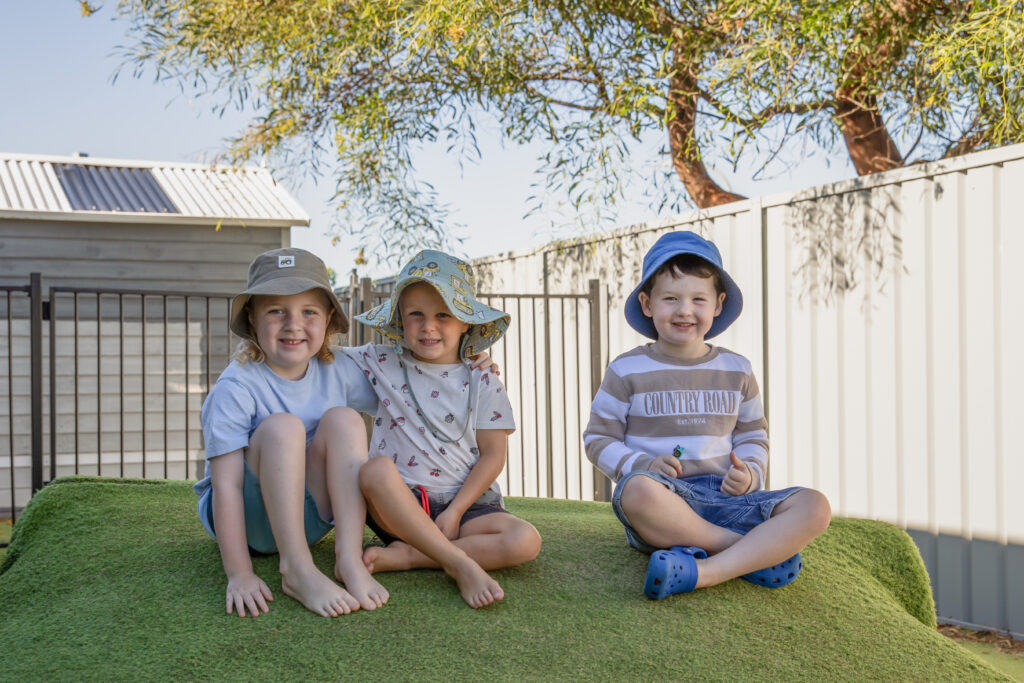
How Friendships in Early Childhood Build Resilience
There’s a moment most parents recognise. Your child wants to join a game. They hover. They wait. They finally say, “Can I play?” Sometimes it works beautifully. Sometimes it doesn’t. And sometimes they walk back to you in tears. It’s hard to watch. But here’s something reassuring: Those moments are where resilience begins.
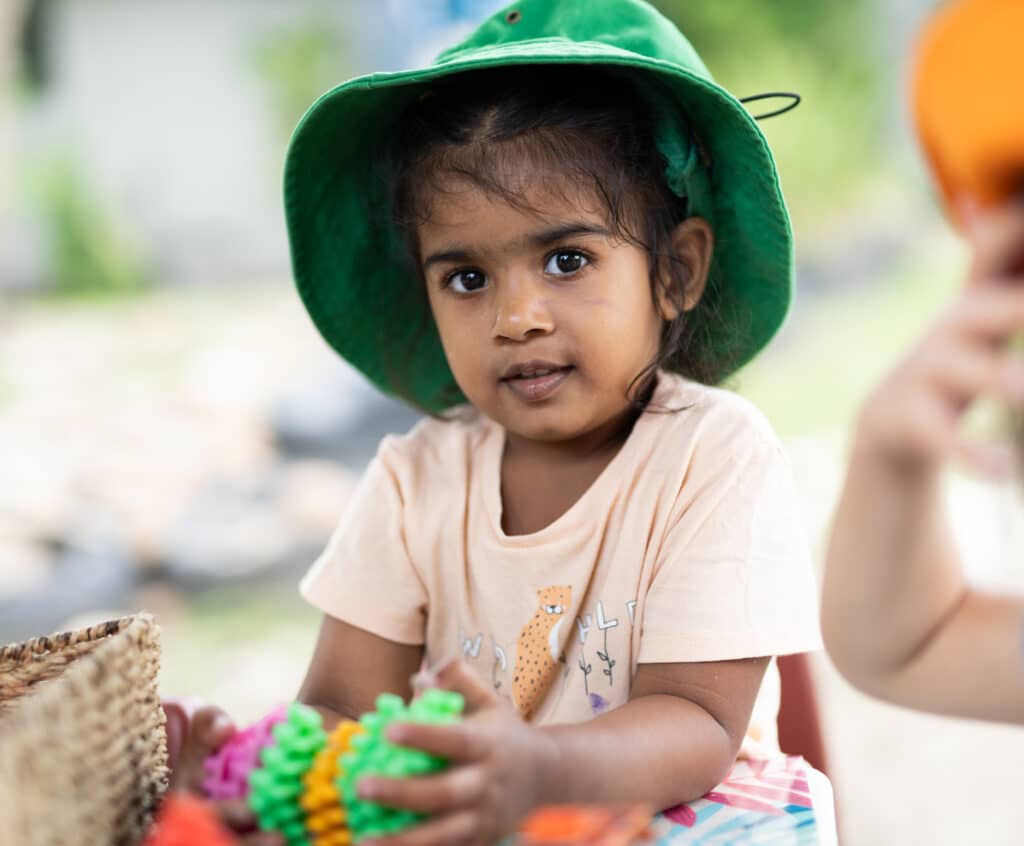
Big Feelings Explained: What’s Normal for Toddlers and Preschoolers?
If you’re parenting a toddler or preschooler, chances are you’ve seen big feelings arrive fast and loud, sometimes over something that feels very small. Tears over the wrong cup. Anger when it’s time to leave the park. A meltdown just as you’re heading out the door.
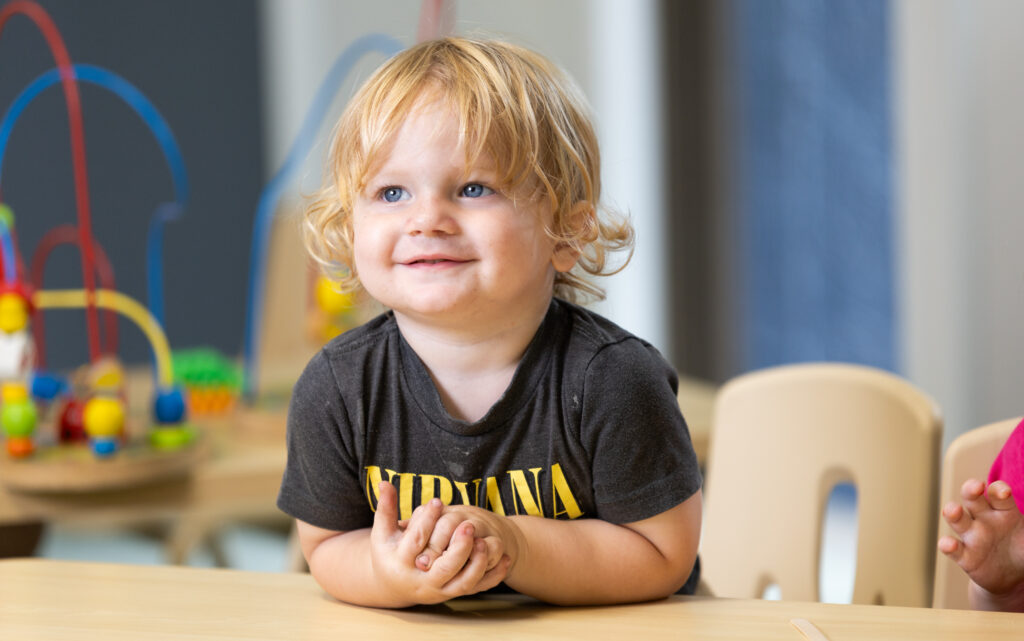
Tips From an Educator to Help Your Child Sleep Better
If sleep has felt unpredictable, exhausting, or even overwhelming lately, you’re not alone.
Many parents of babies, toddlers and preschoolers go through phases where sleep seems to unravel just as it starts to feel settled. Night wakings return. Bedtimes stretch out. Naps change or disappear. It can leave you wondering whether you’re doing something wrong, or whether you should be “fixing” something.
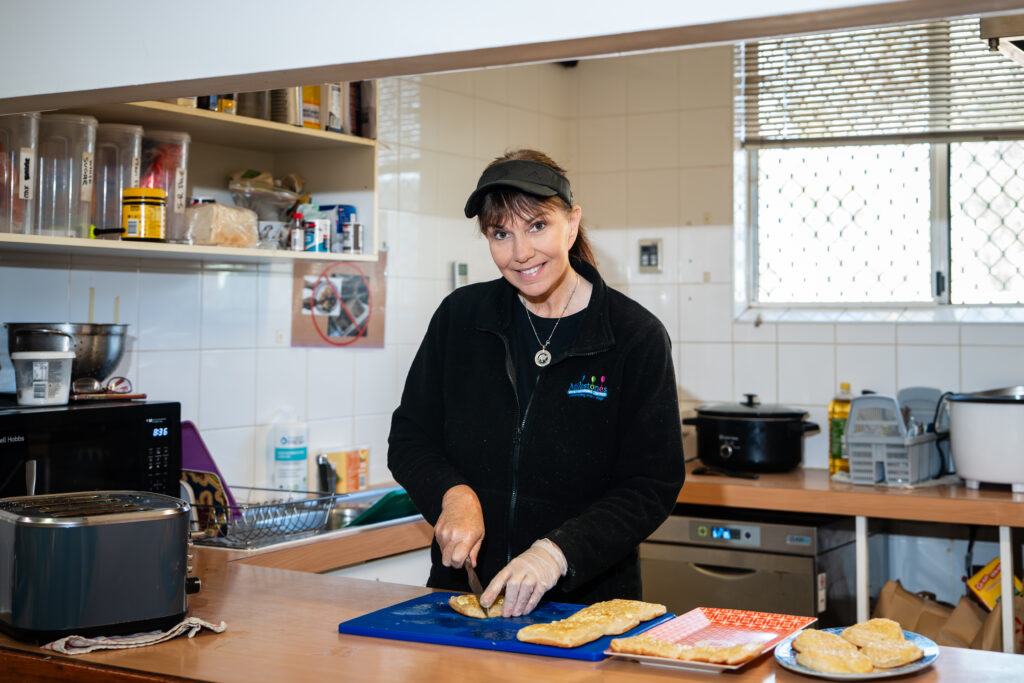
Fresh, Colourful & Kid Approved: Our New Summer Menu Is Here!
If you’re anything like me, you care a lot about what your child eats during the day. You want to know they’re getting the good stuff – the veggies, the iron-rich meals, the whole grains – not just something thrown together in a rush. And when you’re packing lunches at home, cooking dinner, juggling work, and keeping tiny humans alive… knowing that childcare has the food side sorted is a massive relief.
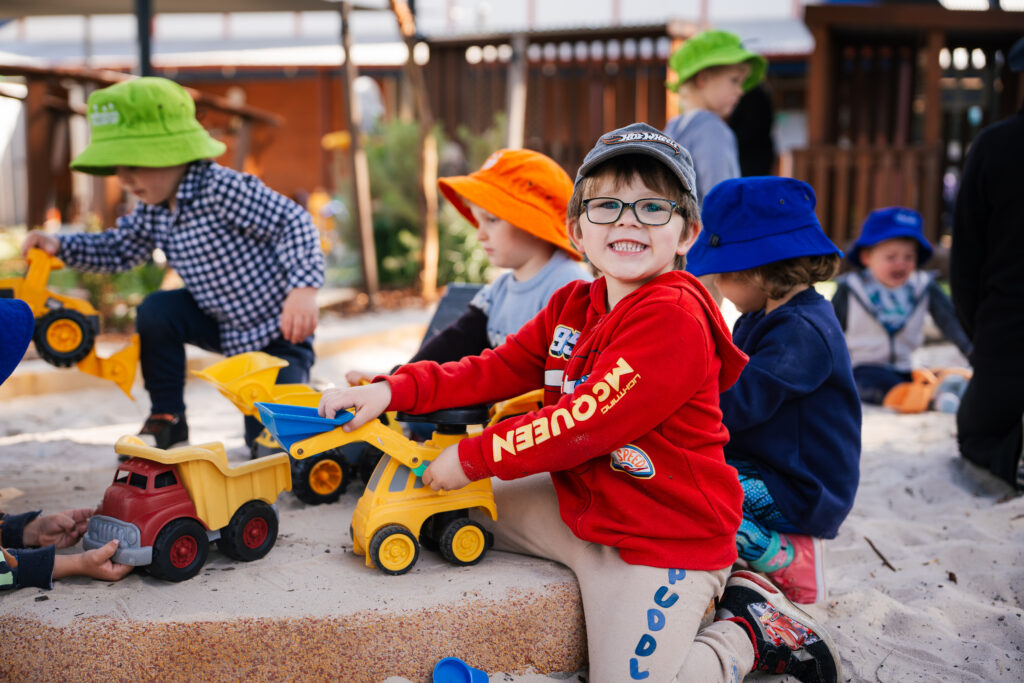
Screens & Under-5s: The Current Australian Guidelines (and Easy Swaps)
If you’ve ever handed your toddler a tablet so you could cook dinner in peace, you’re far from alone. Screens are part of modern family life, especially when you’re balancing work, meals and bedtime routines. What matters most isn’t striving for zero screen time, but finding a healthy balance that leaves space for movement, play and rest.
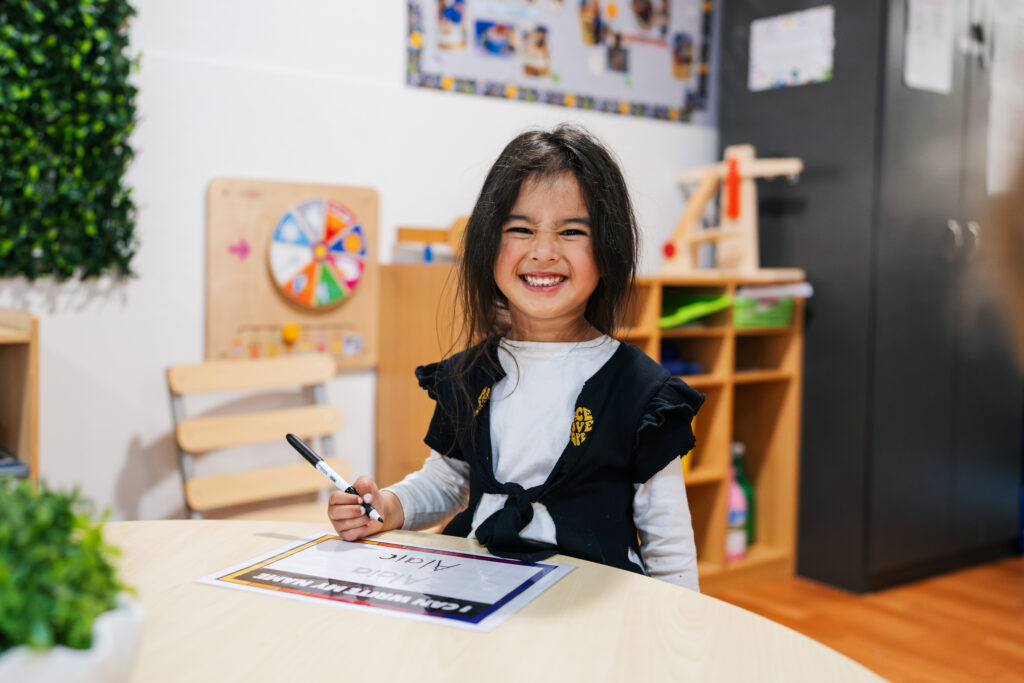
Why Two Years of Kindergarten or Preschool Could Give Your Child the Best Start to School
If it feels like your little one is growing faster than you can keep up, you’re not alone. Many families begin wondering how to make the most of those last precious years before school. Is one year of preschool enough, or would two years offer more time to grow, explore, and build confidence?
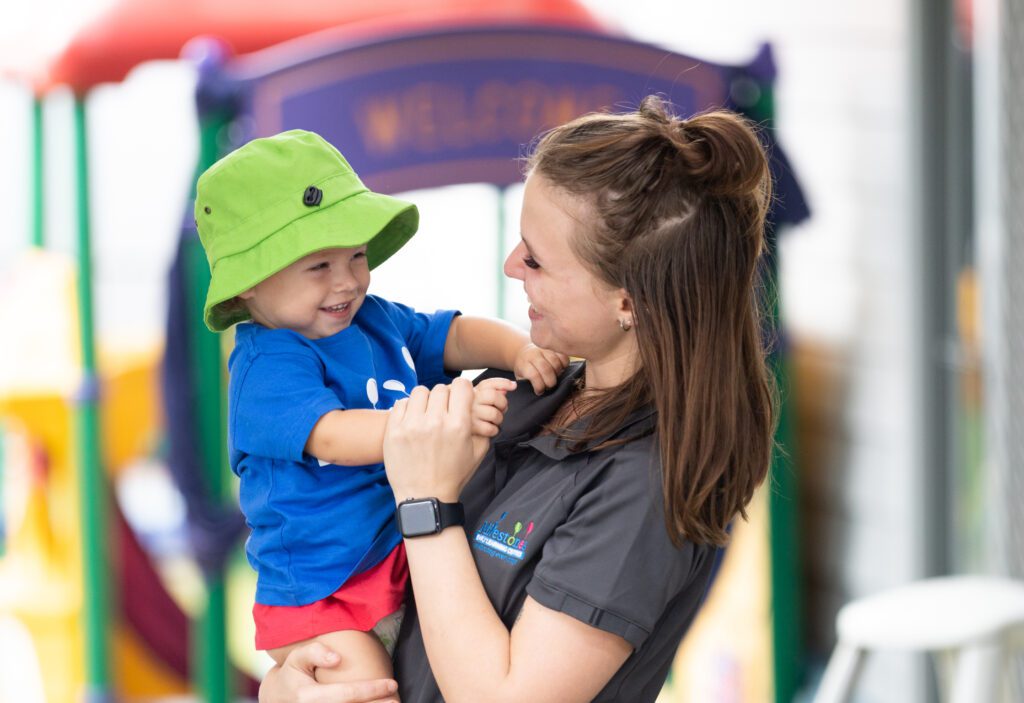
Toilet Training: Top Tips from Our Educators (and What to Expect Along the Way)
Toilet training is a milestone in every toddler’s journey, and often just as big for parents! At Milestones Early Learning, we know it can feel overwhelming at first. With the right support, patience, and encouragement, this stage can become a positive and confidence-building experience for your child.
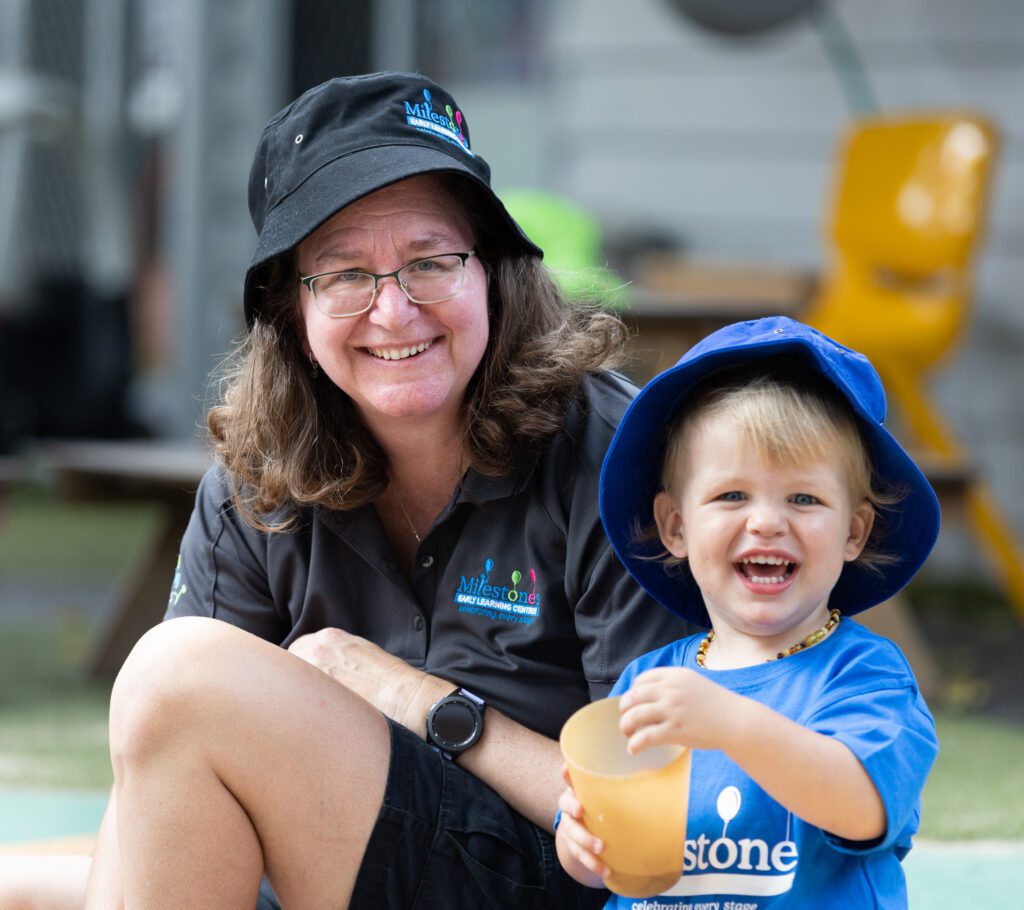
Brave Smiles: Helping Your Child Visit the Dentist for the First Time
Yesterday I took my 3-year-old to the dentist for the very first time. We’d spoken about being brave on the way, and while she tried her best, when the big moment came, she was too nervous to open her mouth. Our dentist reassured us this is very common and encouraged us to try again in a few months, this time letting her watch me first so she can see what happens.
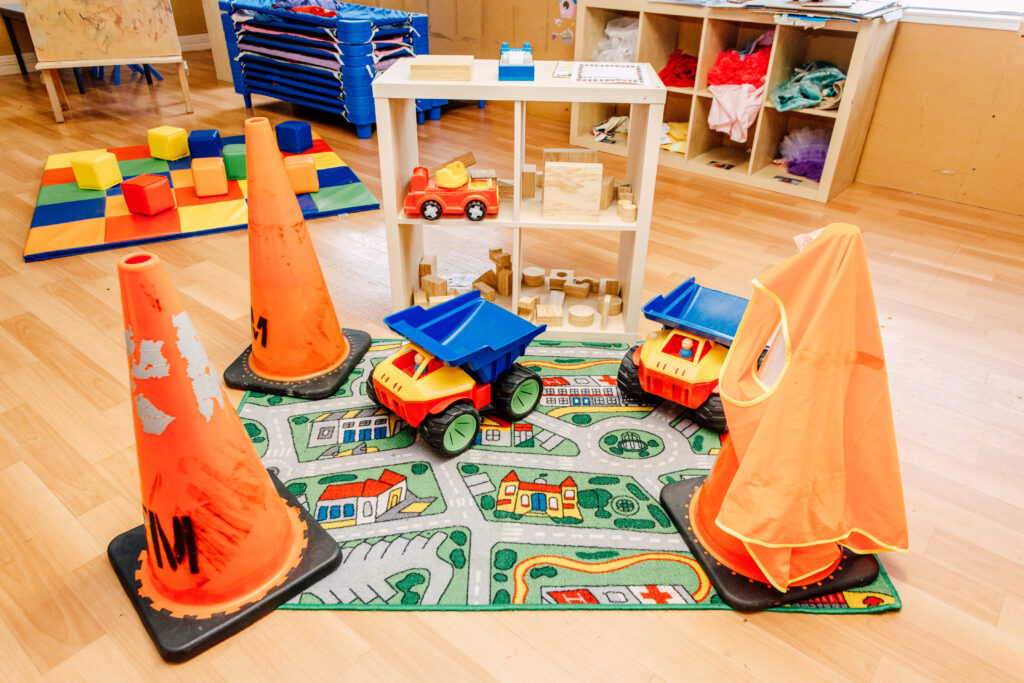
How to Create a Meaningful Play-and-Learn Nook at Home (Without Spending a Fortune)
In the middle of a busy household — where dishes pile up, emails buzz, and toys seem to multiply — it can feel impossible to carve out space for calm, focused play. But here’s the good news: you don’t need a Pinterest-worthy playroom or an overflowing toy box to support your child’s learning and development.
What you do need? A quiet corner. A few intentional choices. And a shift in mindset: from ‘keeping them busy’ to inviting them into learning.
At Milestones Early Learning, our centres are thoughtfully designed to reflect how young children learn best — through play. And you can create that same magic at home, without breaking the bank.
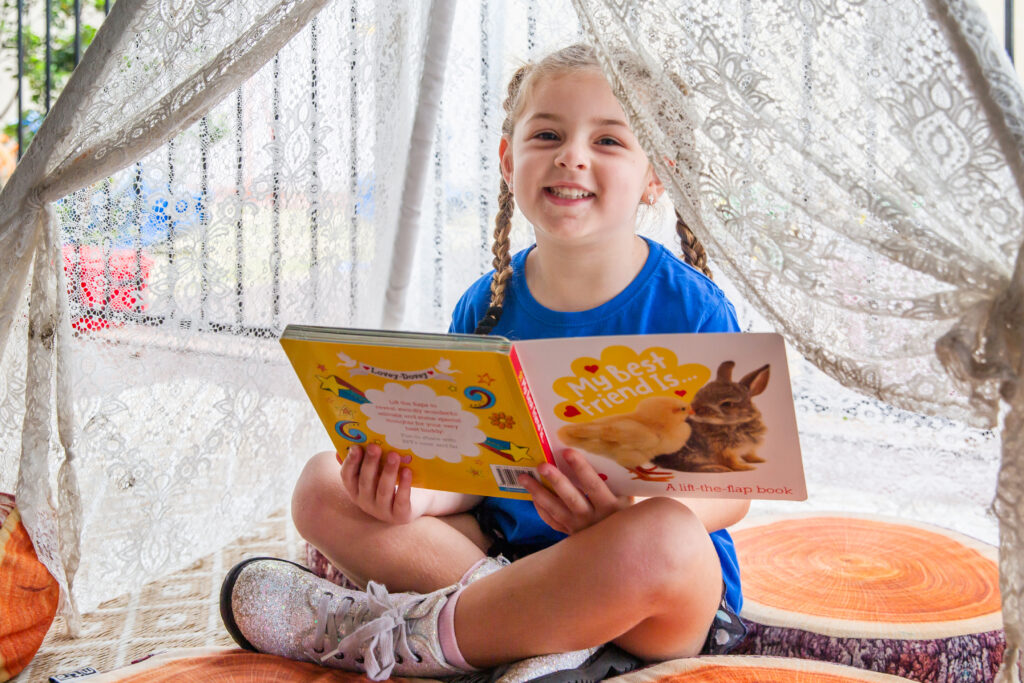
How to Support Your Child If They Feel Nervous Around New People or Settings
“You stood at the edge of the playground, holding my hand so tightly. I smiled and encouraged you to go play, but your feet stayed planted. I didn’t understand—your sibling ran off without looking back. Why was this so hard for you?”
If you’ve had this moment, you’re not alone.
As parents, it can feel confusing—and even a little frustrating—when one of our children leaps confidently into new situations while another hangs back, quiet and unsure. You’re the same parent, with the same love and encouragement. But your children are wired differently—and that’s more than okay. It’s something to be celebrated.
